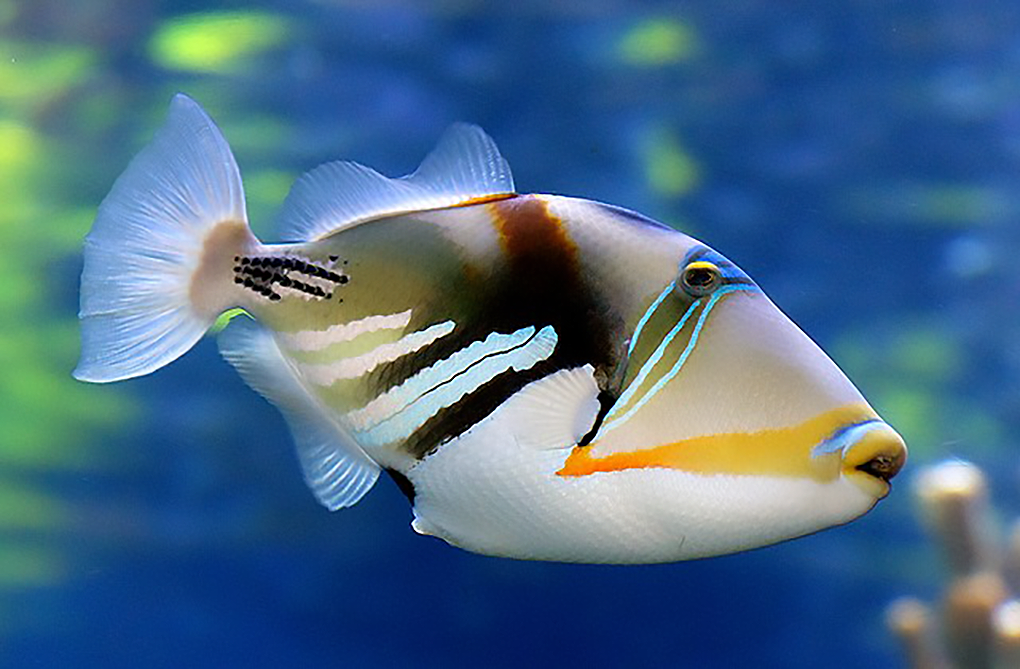
Proponents of re-opening Hawaiian waters to sustainable aquarium fish collection are quietly cheering a winning round in court with the validity of an environmental impact statement based on science and years’ of study affirmed. On the losing end is Earthjustice, a rabidly anti-fishing activist group, who had tried to quash a revised EIS that found collection practices, regulations, and catch limits consistent with a sustainable, small-scale fishery.
Most serious marine aquarists and aquarium trade professionals are well aware of the battle that’s been waged over Hawaii’s Marine Aquarium fishery for decades, culminating in the closure of the fishery pending environmental review.
Courts found that the fishery was subject to Hawaii’s environmental protection laws, and as a result, a multi-year process of creating environmental impact statements and ongoing court battles began. The first assessment presented by the fishermen and then PIJAC (now Pet Advocacy Network) was rejected as insufficient. The revised environmental impact statement (EIS) was accepted and voted on with a 3-3 tie by Hawaii’s Board of Land and Natural Resources (BLNR), paving the way toward the reopening of the fishery.
Earthjustice, an environmental activist organization headquartered in San Francisco, sought to prevent the process of reopening the fishery from moving forward, taking issue with the revised environmental impact statement and the agencies tasked with reviewing it. Earthjustice filed a Motion for Summary Judgment against the State of Hawaii, citing numerous concerns and perceived discrepancies and alleged arbitrary decision-making by the BLNR. Hawaii’s Department of Aquatic Resources (DAR) also came under fire for its acceptance of the revised document.
In summary, the Court rejected Earthjustice’s arguments this week. The ruling from the First Circuit Court, State of Hawai‘i, remarks “Pltfs’ MSJ for declaratory relief is hereby DENIED. The court emphasizes this ruling does not allow aquarium fishing. This ruling does not approve permits, and does not alter the current injunction in the Umberger case. As discussed below, the court rules only that the RFEIS had adequate information in it to allow BLNR to make an informed decision.”
Network Executive Vice President Bob Likins issued a statement regarding the August 16, 2022 court decision.

“The Pet Advocacy Network welcomes the court’s decision on Earth Justice’s motion for summary judgment. Although we recognize that this is just one step in the process, we are very pleased with the court’s decision. Hawaii’s near-shore fishery is likely the best managed in the world, and we have always believed that we would prevail on the facts of the case if we could endure the delays and expenses thrown at us by parties that oppose a fishery in any form.
“The fishers and their families who rely on fish collecting for a living have struggled since Hawaii prohibited aquarium fishing in 2017, and we will continue to campaign to resuscitate the aquarium fisheries and reinstate the fishers’ licenses. We hope that soon these fishers will be able to responsibly gather a sustainable amount of these limited species so that they may earn a living and contribute to the vitality of the local economy.”
“Pet Advocacy Network and the fishers are reviewing the court decision and deciding on next steps,” concluded Likins.

